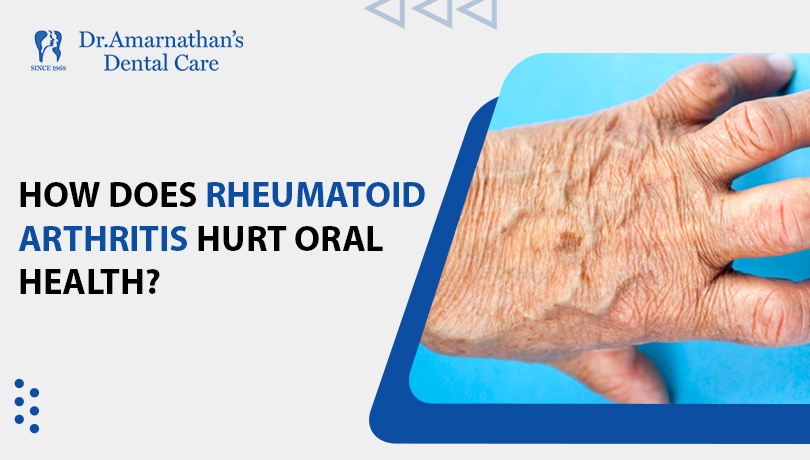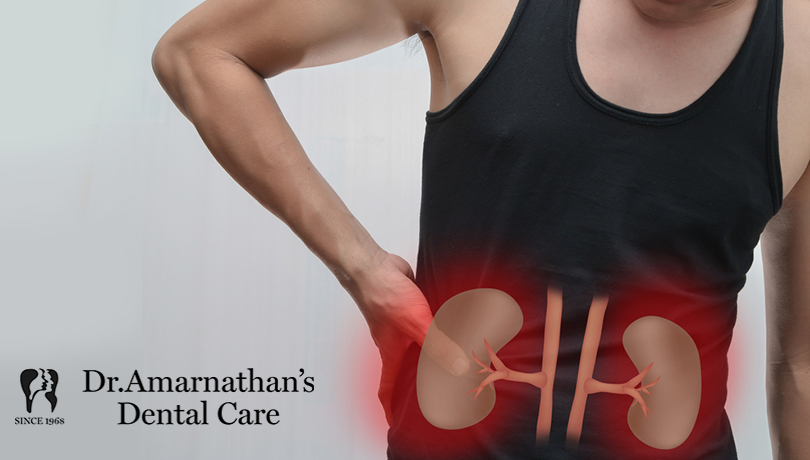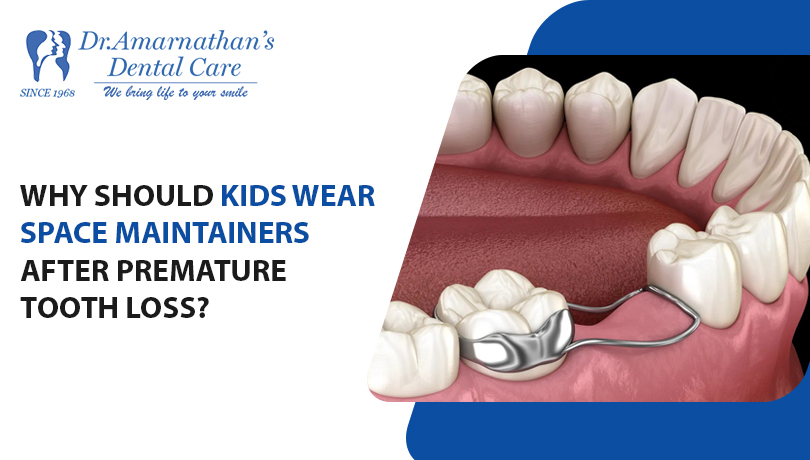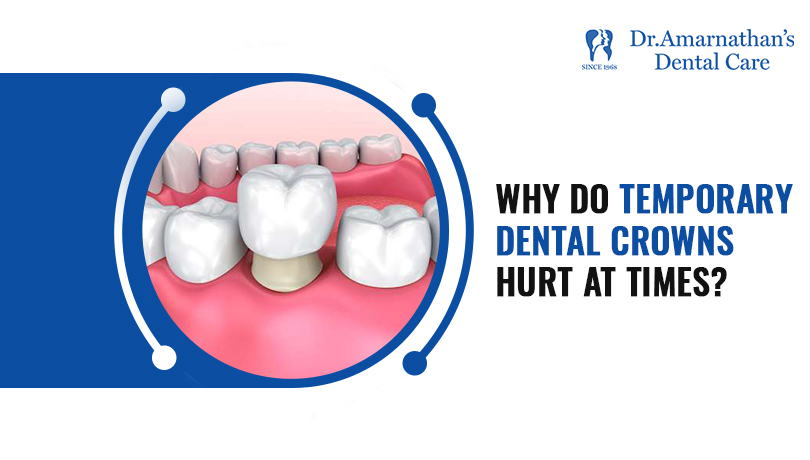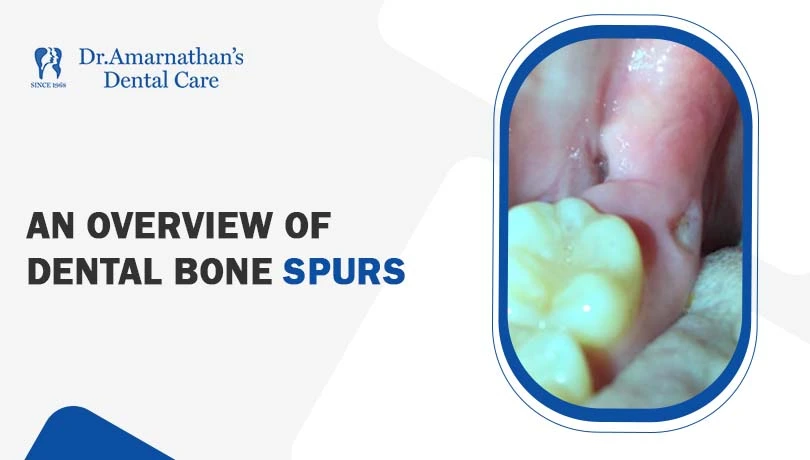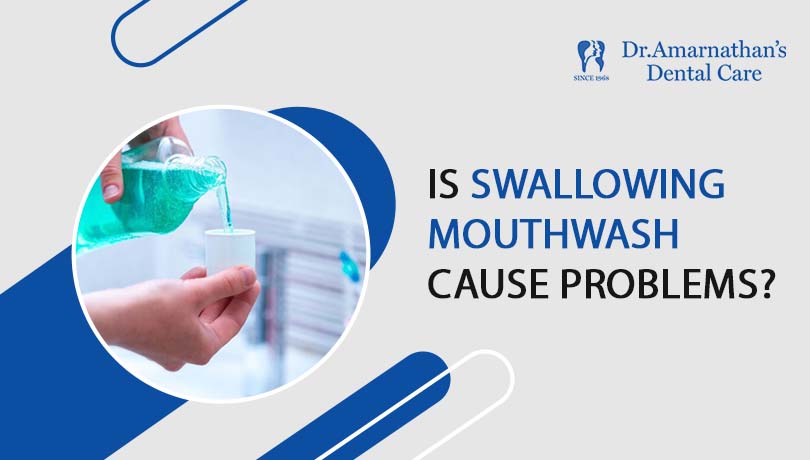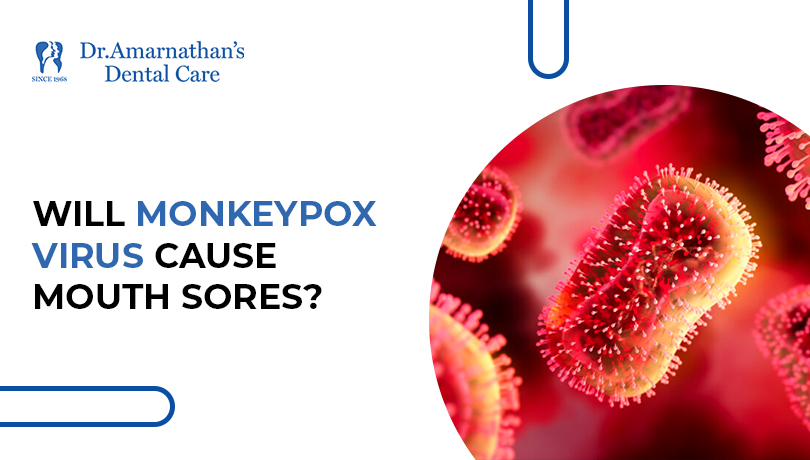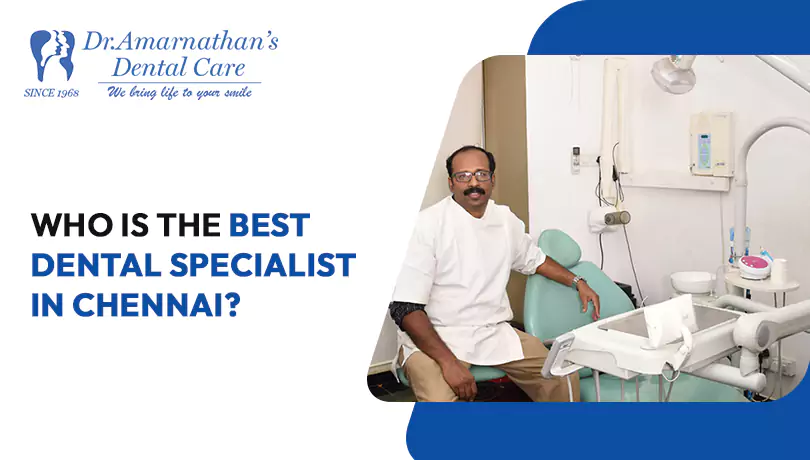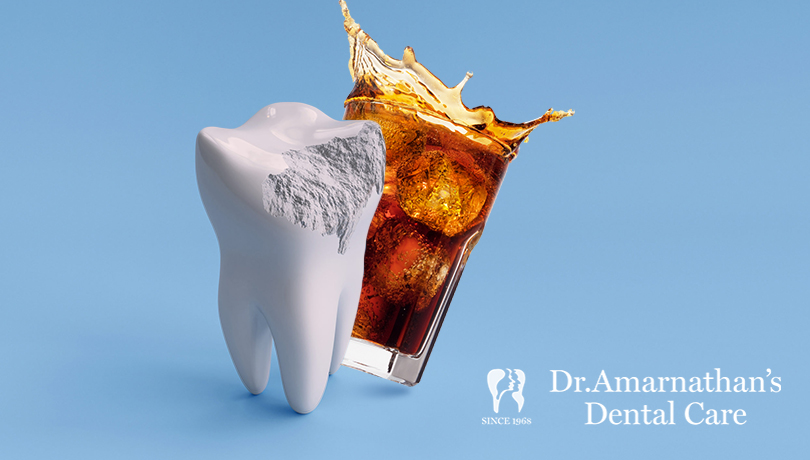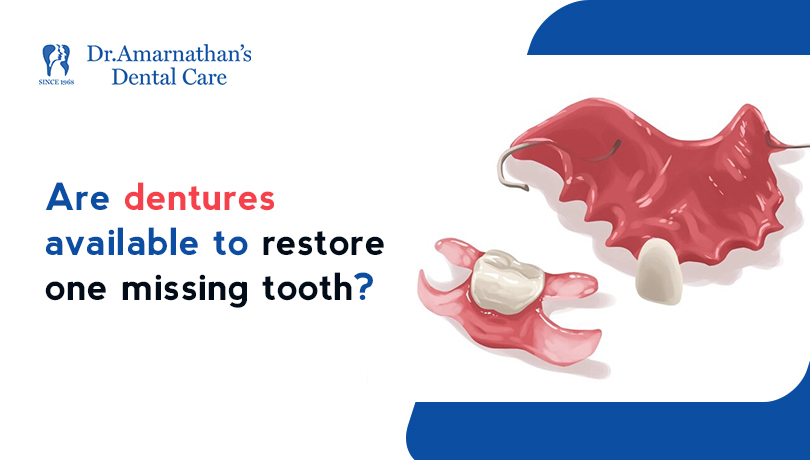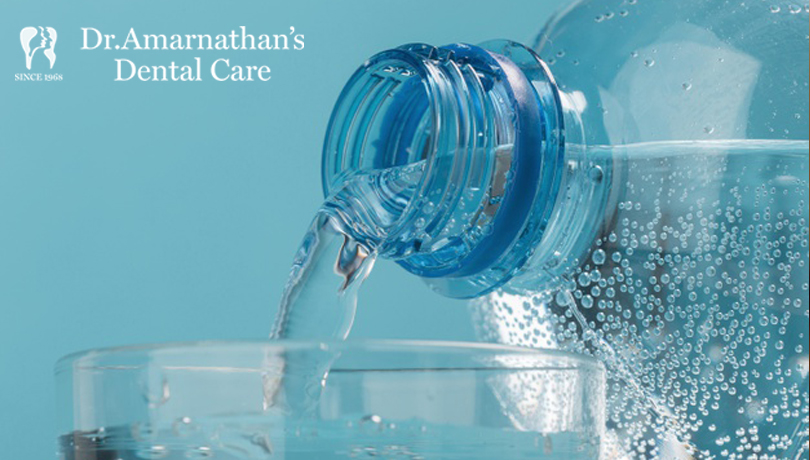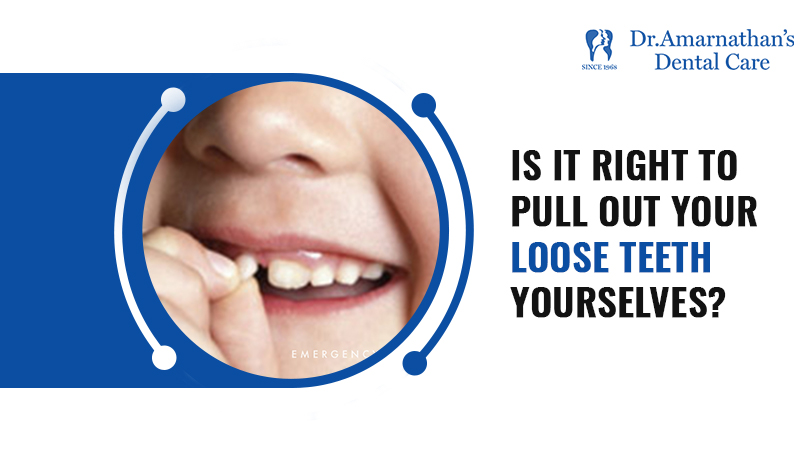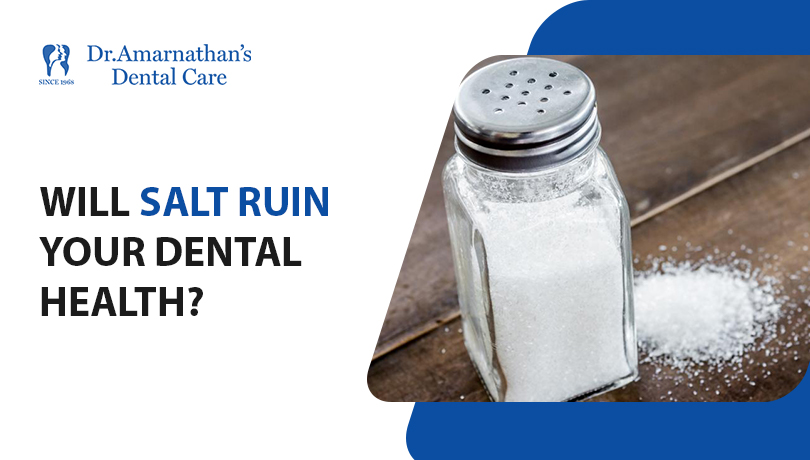
Will salt ruin your dental health?
Salt is a natural disinfectant. As it is a mild abrasive agent, the white substance is used as an active ingredient in tooth powders in earlier days. Salt toothpastes that contain sodium chloride are known for fighting germs inside your mouth and maintaining the pearl whitish smile. Mouth rinse with salt water is the most widely recommended home remedy to soothe the throbbing oral tissues.
Will high daily salt intake safeguard the teeth efficiently?
No. You might aware of the health risks associated with adding too much salt in your diet. High blood pressure, Stroke, Heart diseases are some instances. Likely, excessive salt intake will ruin your oral health as well. We explained it here. Keep reading.
How does Salt affect your dental health?
Salt is powerful to create a hostile environment in your mouth. Moisture environment is essential to lubricate the soft tissues inside our mouth. In contrast, consuming too much sodium (salt) will dry out the mucous membranes. Such dryness in the mouth creates havoc on the oral cavity by feeding harmful oral microbes.
Here are some of the dental dilemmas caused by ingesting excessive salt:
1) Cavities
Salt itself does not hurt your teeth but the combination of salt and carbohydrates will do. Salty foods contain a plethora of simple carbs, also known as simple sugar. It implies that salty foods feed oral bacteria and produce tough acids as a byproduct.
Such acids will weaken the enamel if they are exposed to your teeth for an extended period. It will be followed by enamel breakdown, exposing the sensitive tissues, and cavities.
Many people like to have processed foods and salty snacks like potato chips to suppress their appetite. It means they are putting their teeth at risk of getting cavities.
2) Gum Problems
Unhealthy gum is the most common consequence of too much sodium (salt) in the diet. As discussed earlier, salty foods can dry out our mouths. In such circumstances, bacterial invasion on gums is inevitable. Moreover, sodium can compromise your immune system. It also has an impact on your gums’ health.
Gum bleeding, Puffy gums, Gum recession are some of the consequences of excessive salt intake.
3) Bone Loss
Consuming too much salt is linked to more urination. Generally, essential minerals like calcium are expelled from our bodies under frequent urination and sweating conditions. Calcium plays a crucial role in building and strengthening bones. Likely, calcium guarantees the efficient functioning of bones.
Whenever there is a depletion of calcium in our body, it affects bone health. Our teeth will fall out if the bone that supports them weakens.
4) Encourage oral bacteria
Salty foods also come under the category of carbohydrates. It means our mouths will turn it into sugar. It promotes oral bacteria and provokes various dental dilemmas apart from cavities and gum diseases. The most frequent effects include:
- Bad Breath
- Burning Sensation in Mouth
- Root infection
- Canker Sores
- Oral Herpes
To conclude, choosing savory foods over sugary foods does not mean you are maintaining a healthy diet. Salt, in combination with carbohydrates also tend to nourish mouth germs.
Hence we advise our patients to minimize their intake of processed meals like bread, pizza, and other items high in salt. Likely, you should drink more water after ingesting such salty foods to counteract some of the effects of salt.



